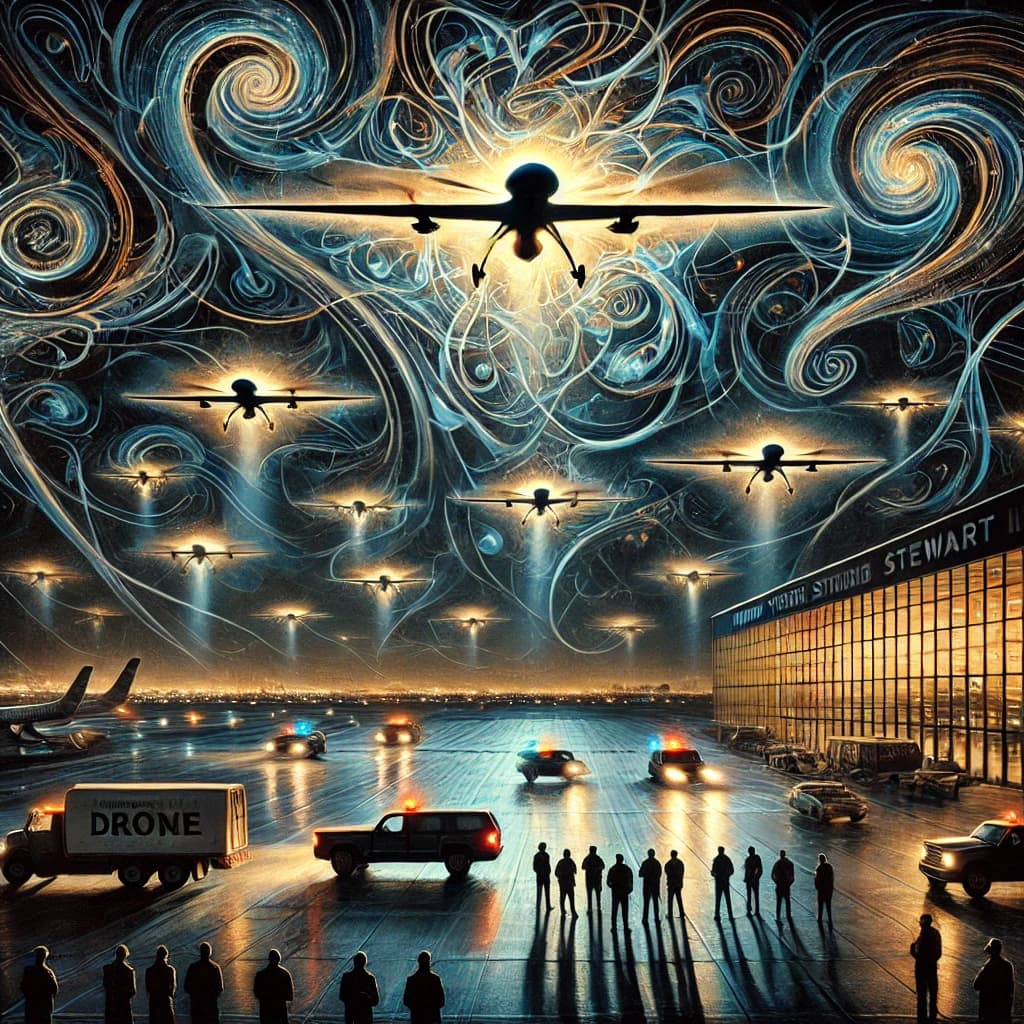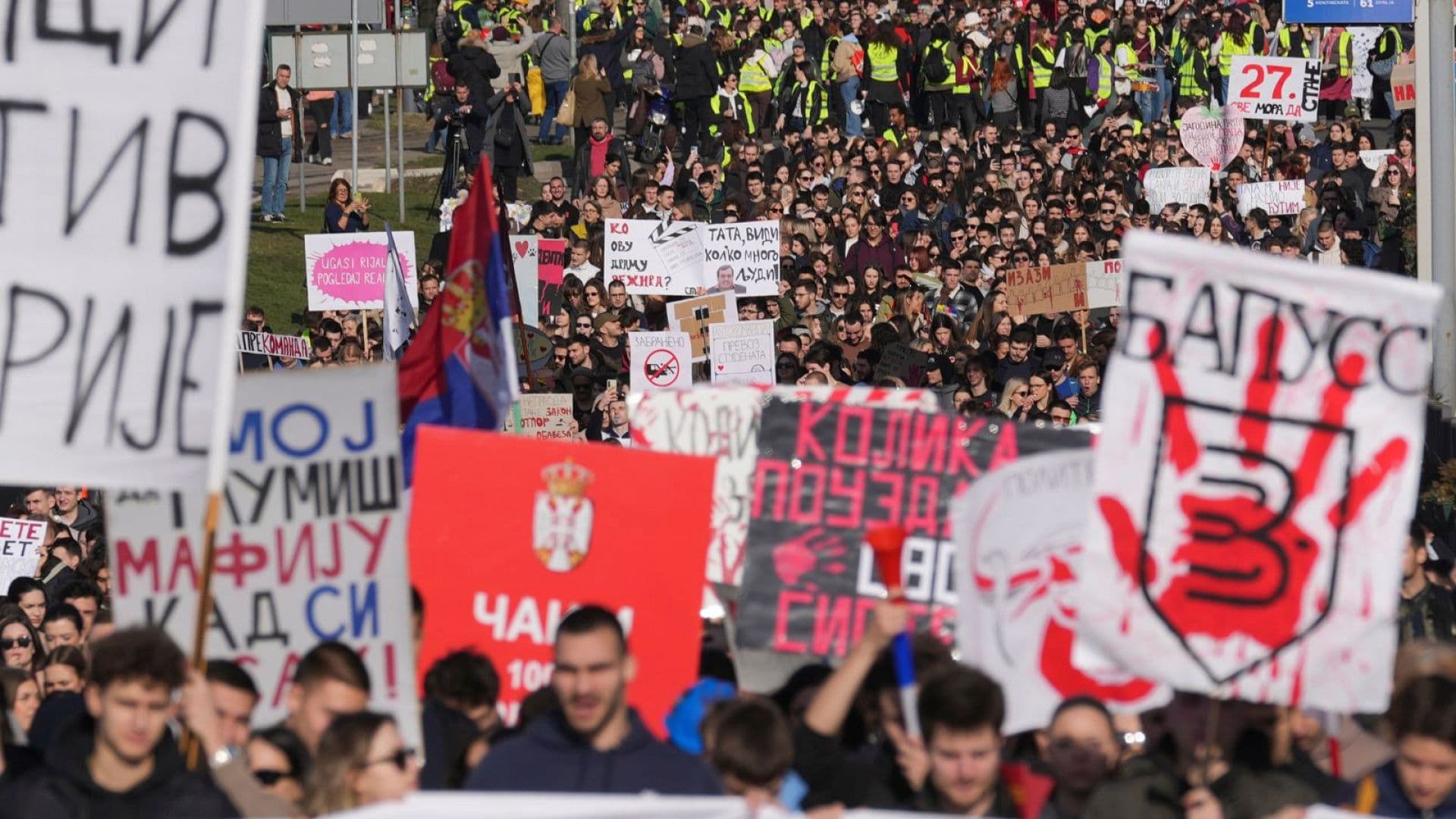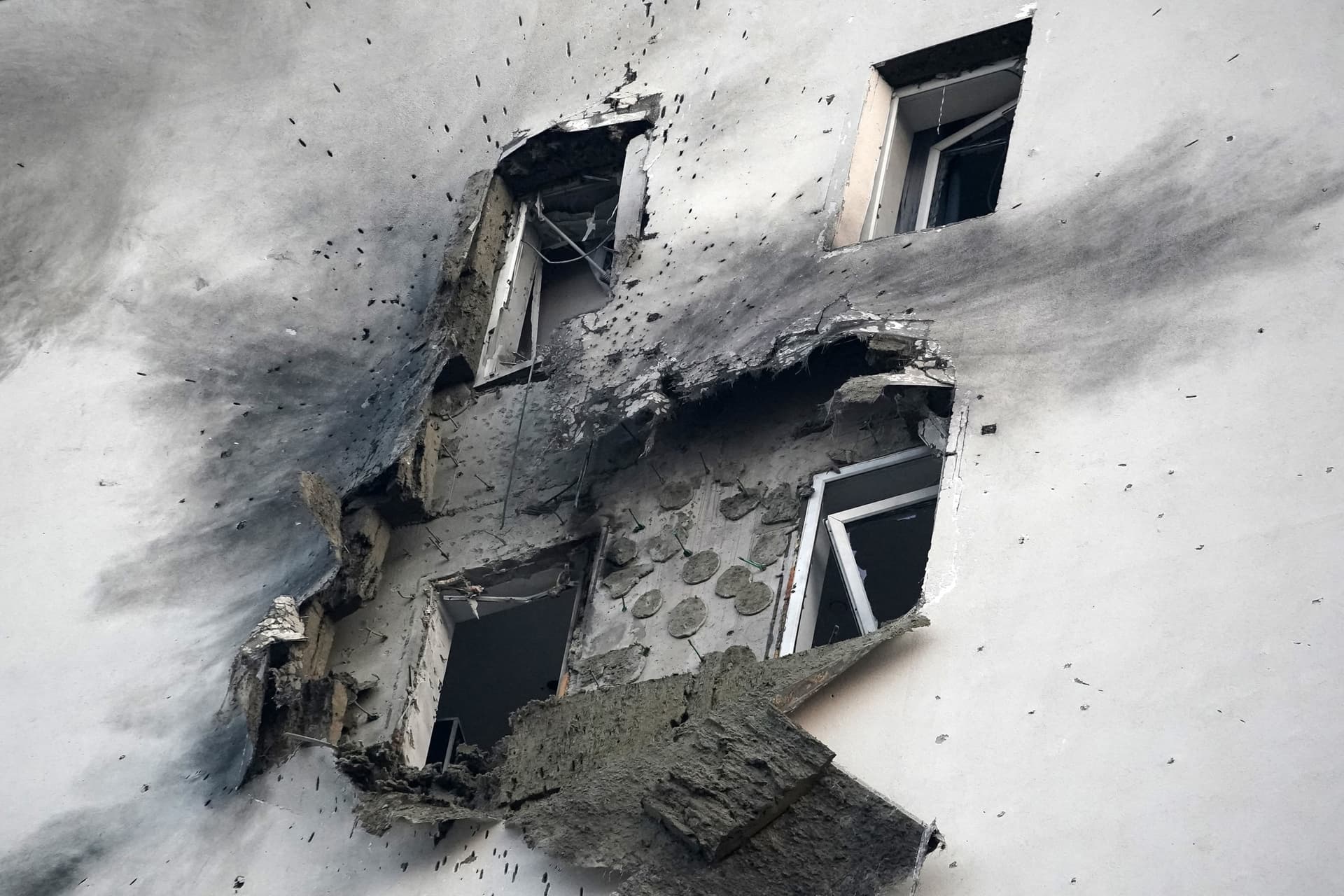Drone incursions halt flights at Eindhoven, underscore security risks
Multiple drone sightings forced Eindhoven airport to suspend all flights for several hours on Saturday evening, disrupting civilian and military operations and highlighting growing vulnerabilities in European airspace. The incident underscores mounting pressure on governments and industry to boost detection, defence and resilience measures that carry economic and strategic implications for aviation and regional security.

Air traffic at Eindhoven airport in the south of the Netherlands was suspended for several hours on Saturday evening after multiple drone sightings, Dutch defence minister Ruben Brekelmans said in a post on X. Traffic resumed around 11 p.m. 2200 GMT, he said, two hours after he had first reported the disruption. The minister added, "Defence has taken measures," and "Out of security considerations no further information can be shared."
Eindhoven serves both civilian and military users, and Brekelmans said all types of air traffic were halted during the disruption. The shutdown came a day after the Dutch military had fired on drones sighted above the air force base in Volkel, some 40 kilometres northeast of Eindhoven, the defence ministry had said earlier on Saturday. Asked if it was clear where the drones had come from, the defence ministry had no additional comment.
The closure added to a string of airspace incidents across Europe that have grown more frequent in recent months. In September more than 20 Russian drones entered Polish airspace and three Russian military jets violated Estonia's airspace for 12 minutes. European Commission President Ursula von der Leyen has described the incursions as "hybrid warfare." Such events have strained aviation operations, complicated military rules of engagement, and intensified debate about how to secure continental airspace against small unmanned systems.
The economic effects of sudden airspace suspensions are immediate and diffuse. For passengers the interruption means delays, cancellations and last minute rerouting. Airlines and airports face staffing and operational costs and potential compensation obligations that can ripple through schedules for days. Cargo operators that rely on regional hubs face the risk of time sensitive shipments being delayed, with downstream supply chain consequences for manufacturers and retailers. While a single short suspension may not move markets, repeated incidents can increase insurers costs and force carriers and airports to budget for heightened security spending. Governments may also reallocate resources toward counter unmanned aircraft system technologies, integrated radar and detection networks, and airspace policing, all of which carry fiscal implications.
Policy responses in Europe are likely to focus on tighter civil military coordination, expanded detection capabilities and clearer rules for the use of force against unmanned threats. The unclear origins of many drone flights complicate responses and raise the risk of miscalculation if defensive measures escalate. The Volkel engagement and the Eindhoven suspension together illustrate the friction between protecting civilian aviation and addressing rapid, ambiguous threats in peacetime airspace.
The Eindhoven episode underscores a broader long term trend where commercially available drone technology is being repurposed in ways that challenge existing regulatory, military and commercial frameworks. Securing air corridors that serve both civilian mobility and defence missions will require investment, clearer legal rules and international cooperation, all at a time when European governments are already balancing competing budgetary priorities.


